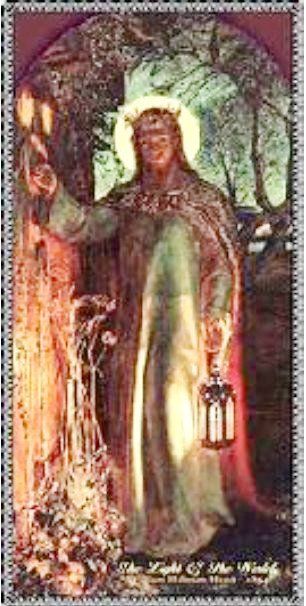Preparing for next week - Fourth Sunday in Lent
Luke 15: 1-3; 11-32 Your brother here was dead and has come to life.
The tax collectors and the sinners were all seeking the company of Jesus
to hear what he had to say, and the Pharisees and the scribes complained.
‘This man’ they said ‘welcomes sinners and eats with them.’
So he spoke this parable to them:
‘A man had two sons. The younger said to his father,
“Father, let me have the share of the estate that would come to me.”
So the father divided the property between them.
A few days later, the younger son got together everything he had
and left for a distant country where he squandered his money on a life of debauchery.
‘When he had spent it all, that country experienced a severe famine,
and now he began to feel the pinch,
so he hired himself out to one of the local inhabitants
who put him on his farm to feed the pigs.
And he would willingly have filled his belly with the husks the pigs were eating
but no one offered him anything.
Then he came to his senses and said,
“How many of my father’s paid servants have more food than they want,
and here am I dying of hunger!
I will leave this place and go to my father and say:
Father, I have sinned against heaven and against you;
I no longer deserve to be called your son; treat me as one of your paid servants.”
So he left the place and went back to his father.
‘While he was still a long way off, his father saw him and was moved with pity.
He ran to the boy, clasped him in his arms and kissed him tenderly.
Then his son said, “Father, I have sinned against heaven and against you.
I no longer deserve to be called your son.”
But the father said to his servants,
“Quick! Bring out the best robe and put it on him;
put a ring on his finger and sandals on his feet.
Bring the calf we have been fattening, and kill it; we are going to have a feast, a celebration,
because this son of mine was dead and has come back to life; he was lost and is found.”
And they began to celebrate.
‘Now the elder son was out in the fields,
and on his way back, as he drew near the house,
he could hear music and dancing.
Calling one of the servants he asked what it was all about.
“Your brother has come” replied the servant
“and your father has killed the calf we have been fattening
because he has got him back safe and sound.”
He was angry then and refused to go in, and his father came out to plead with him;
but he answered his father,
“Look, all these years I have slaved for you and never once disobeyed your orders,
yet you never offered me so much as a kid for me to celebrate with my friends.
But, for this son of yours, when he comes back after swallowing up your property – he and his women –
you kill the calf we have been fattening.”
‘The father said, “My son, you are with me always and all I have is yours.
But it was only right we should celebrate and rejoice,
because your brother here was dead and has come to life; he was lost and is found.”’
This the gospel of the Lord
Copyright © 1996-2021 Universalis Publishing Limited: see www.universalis.com.
Scripture readings from the Jerusalem Bible are published and copyright © 1966, 1967 and 1968 by Darton, Longman & Todd, Ltd and Doubleday, a division of Random House, Inc.
Text of the Psalms: Copyright © 1963, The Grail (England). All rights reserved
Questions for reflection (framed for a group discussion)
Only in the gospel of Luke do we get this image of a God as a loving Parent,
anxiously scanning the horizon for his son's return from self-obsession and a wasteful way of life.
After the mercy of God, though, comes our responsibility to hand on what we've received.
- God has forgiven us every sin we'll ever commit. How, this Lent, are we going to show our gratitude?
- When have you been generous enough to forgive someone who hurt you deeply?
